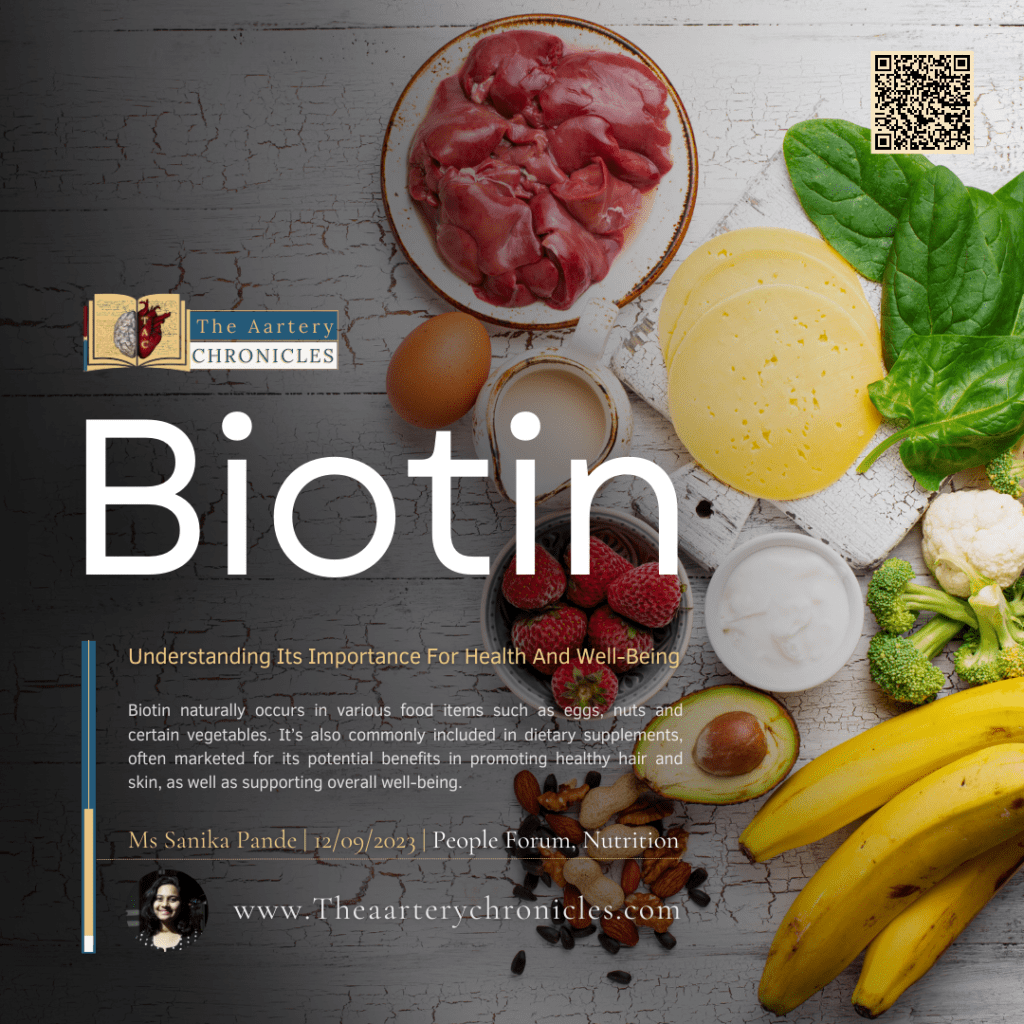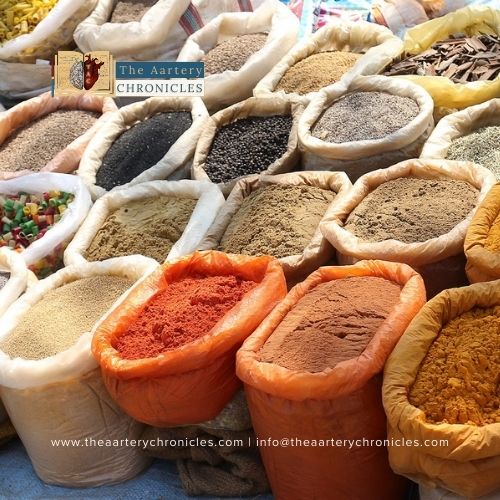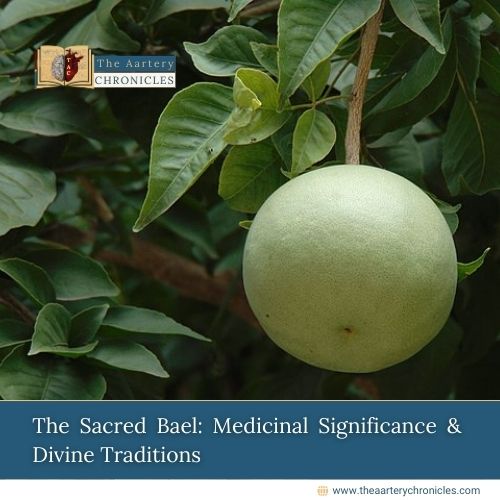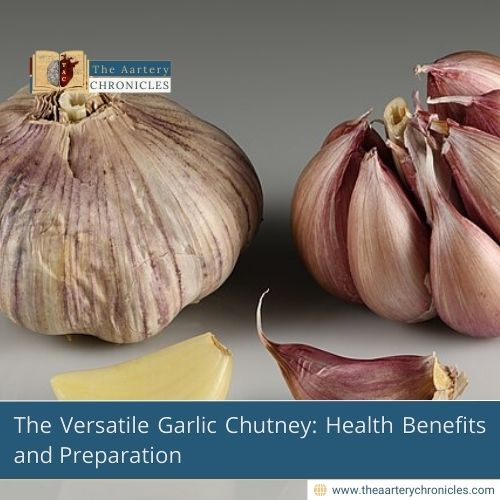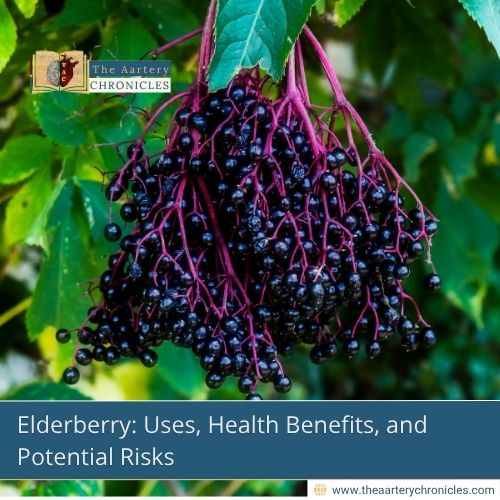
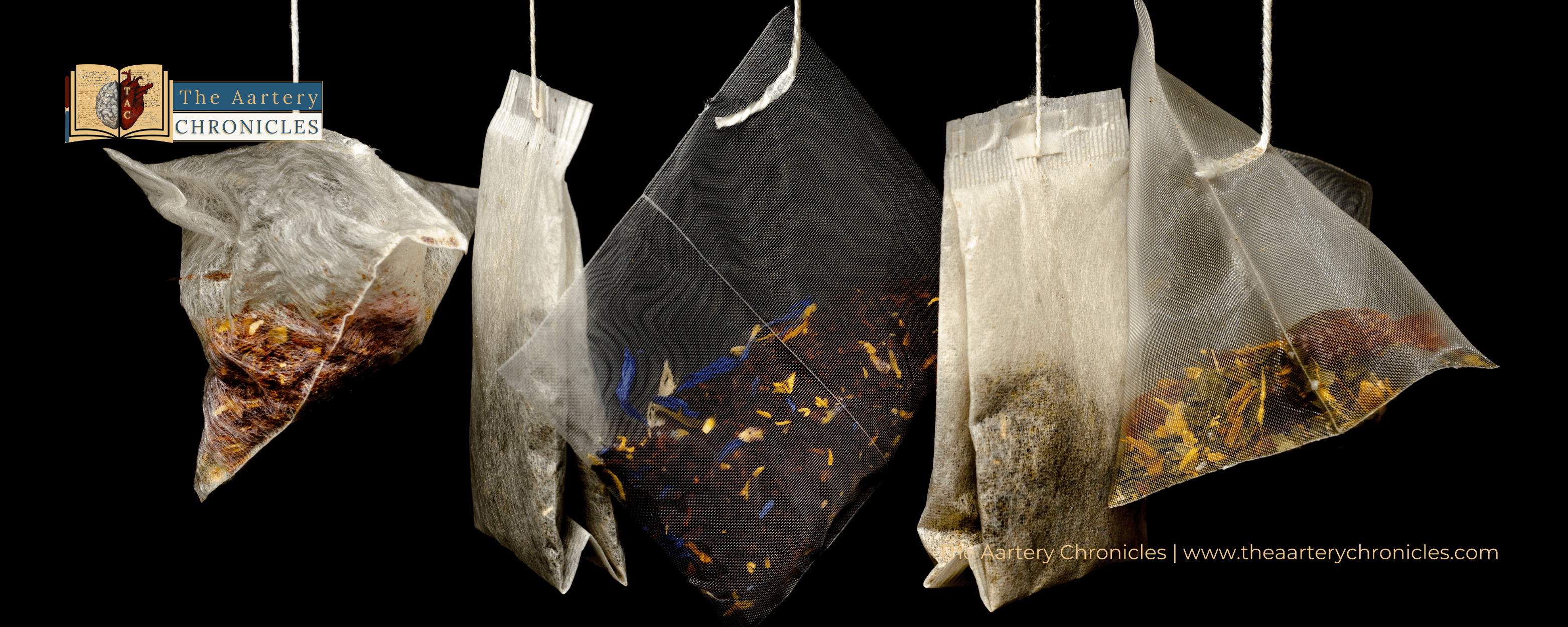
The Health Benefits of Tea: A Steaming Cup of Wellness
“Ti (Tea) – a drink with jam and bread “, remember this line from the song “Do Re Mi” from the 1965 Hollywood movie “The Sound of Music”? Well, that’s what we are talking about today, our cuppa Tea in English, Cha in Gujarati and Bengali, Chaha in Marathi, Chai in Hindi, and so on. The Botanic name of tea is Camellia sinisis and it is native to the Indian Sub-Continent, South East Asia, and East Asia.
"You can't get a cup of tea big enough or a book long enough to suit me."
C.S. Lewis
This quote by C.S. Lewis reflects the comfort and satisfaction that many people find in a cup of tea and a good book. It speaks to the idea that tea has a soothing and calming effect, making it a perfect companion for moments of relaxation and reflection.
If we want to relax – we drink chai, if we are meeting friends- we drink chai, if we are stressed- we drink chai, if we visit relatives or vice versa- we brew a hot cup of tea and drink chai, be it any occasion, we Indians love our Chai and this shows the diversity of different varieties of Chai found pan India.
- Irani Chai: This tea is laced with Mawa or Khoya, to give it a distinct flavour. It is sweet, creamy and milky to drink.
- Kangra Chai: The Kangra region in Palampur, North India, has some of the finest teas in India, It is also called the Tea Capital of India.
- Sulamaini Chai: This is found in the Malabar region of Kerala State. It is a type of Aromatic spiced Black tea of Arabic origin
- Darjeeling Tea: Also referred to as “Champagne of teas”, the finest Black tea is grown at the World’s highest altitude in Darjeeling in West Bengal State. This has a sweet musky flavour.
- Lebu Cha (Lemon Tea): The Bengali variant of tea is called Lebu Cha. It is black tea infused with a bit of lemon that gives it a unique taste.
- Ronga Saah, Assam: This reddish-brown variety is grown largely in Assam State. It has a very refreshing taste.
- Noon Chai, Kashmir: This is very famous in Kashmir. It is an infusion of Gunpowder tea leaves, milk, salt and baking soda and has a distinct taste.
- Nilgiri Tea: this variety is grown in the subtropical region of the Nilgiri Hills of Tamil Nadu State. It has a strong scent and spicy aftertaste.
- Butter Tea: This variety is suitable for people residing in the Himalayan regions, as It helps them cope better with working and farming at such high altitudes. It is also called Po Cha and Cha Suma.
- Masala Chai: This is made with water, tea, milk and sugar and adding in some tea masala or cardamom/cinnamon/ginger/tulsi/pudina/fennel seeds (anything you prefer).
Who can forget the “Kadha” – an infusion of ginger, bay leaves, cloves, cinnamon, honey and many such ingredients, that we swore by during the Lockdown period in India?

Health Benefits of Tea
Herbal teas have long been cherished for their soothing flavors and potential health benefits. Tea with its various permutations and combinations boasts many benefits, namely:
- Antioxidants: Tea, especially Green Tea is rich in antioxidants like Catechins, which help in fighting the harm caused by free radicals in our body.
- Improved heart health: Tea helps to reduce our blood pressure and cholesterol levels, thereby reducing the risk of heart problems.
- Better Digestion: Herbal teas help to reduce digestive problems like indigestion, bloating and nausea.
- Weight Management: Some teas with the combination of caffeine and antioxidants boost the metabolism levels and induce more burning of fat, thereby reducing weight.
- keep Stress at Bay: Some infused teas like Bayleaf tea contain Linalool which helps to lower stress hormones and thereby reduce the chances of depression and anxiety in our body and the aroma makes us unwind.
- Blood purification: Green tea contains anti-ageing and anti-inflammatory substances that purify the blood and flush out toxins making our skin glowing and healthy. It also aids in weight reduction.
- Regulation of Blood sugar: Tea is good for managing our blood sugar levels and maintaining them.
- Alertness: Black tea contains L-theanine, an amino acid, that increases our alertness naturally and also energises us. Thereby enhancing our mental clarity and improving cognitive functions.
- Oral health: Black tea reduces the plaque and growth of bacteria thereby lessening the chances of cavities in the teeth owing to the presence of polyphenols (particularly catechins and theaflavins) in tea.
- Reduce Inflammation: Herbal teas have anti-inflammatory properties that help to treat ailments like Arthritis, headaches, haemorrhoids, and gastrointestinal pains.
- Boost Immune System: Tea helps to boost our immune system so that we are fitter and more able to ward off germs and diseases.

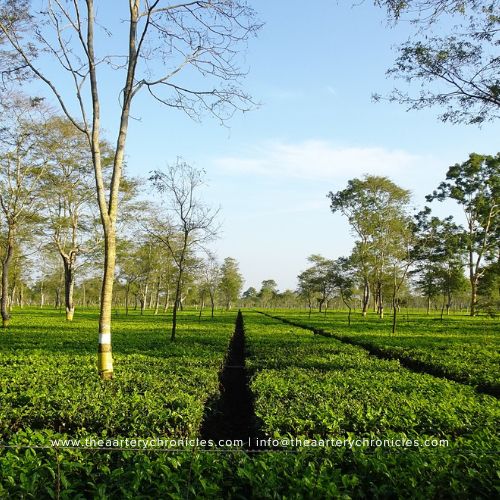
Beyond their delightful taste and calming properties, many herbal teas offer a treasure trove of advantages for your skin and hair. From preventing premature ageing to promoting hair growth, these teas have found their way into beauty routines worldwide.
- Rose Tea: Rich in antioxidants, it can help reduce fine lines, and wrinkles, prevent premature ageing and improve skin complexion.
- Chamomile Tea: Known for its soothing properties, it can promote healthy hair growth.
- Black Tea contains antioxidants that can help combat signs of ageing and promote skin health.
- Ginger Tea: Its antimicrobial, antiseptic and anti-inflammatory properties can be beneficial for skin health.
- Green Tea: Loaded with antioxidants, it can detoxify the skin and protect against wrinkles.
- Peppermint Tea: May help prevent clogged pores and reduce acne.
- Matcha Tea: Rich in antioxidants, it can detoxify the skin and promote overall health.
- Lavender Tea: Known for its calming effects, it can benefit the skin by reducing stress-related issues.
- Hibiscus Tea: Contains antioxidants and can promote detoxification and hair growth.
- Dandelion Tea: Rich in antioxidants, it can help fight signs of ageing and improve skin and hair health.
- Garlic Tea: Contains various beneficial compounds and vitamins that can be good for overall health, including the skin.
There are some teas, infused with various herbs/spices which are beneficial for immunity, and oral health, and enhance digestion and overall well-being.
- Jaggery Tea: Jaggery is a natural sweetener, and consuming it in tea can provide sweetness making it a healthier alternative to refined sugar.
- Tulsi Tea: Tulsi, or Holy Basil, is known for its potential immune-boosting properties and is often used in traditional medicine for colds and coughs. It’s considered beneficial for immunity and respiratory health.
- Peppermint Tea: Peppermint tea is known for its potential benefits in relieving headaches, and menstrual cramps, and promoting relaxation. It can also freshen your breath and aid digestion.
- Ginger Tea: Ginger is a well-known remedy for nausea, including motion sickness and morning sickness. It has various potential health benefits, including anti-inflammatory properties and potential blood sugar management.
- Cinnamon Tea: Cinnamon is rich in antioxidants and has been studied for its potential to lower blood sugar levels and reduce inflammation. It may also aid in weight loss and have other health benefits.
- Fennel Tea: Fennel tea is often used for digestive issues, including reducing gas and aiding digestion. It’s also believed to have benefits for metabolism and detoxification.
- Black Pepper Tea: Black pepper is known for its potential immune-strengthening properties, and it has been studied for its anti-inflammatory effects.
"Tea is the magic key to the vault where my brain is kept."
This quote by Frances Hardinge highlights the rejuvenating and creative qualities that many associate with tea. It suggests that a cup of tea can open up the mind and unlock one's creativity and imagination, making it a cherished beverage for writers, artists, and thinkers
While these herbal teas are generally considered safe and can offer various health benefits, it’s essential to consume them in moderation and be aware of any potential allergies or sensitivities.
So, whether it is Masala Chai or any other variant, there are benefits galore of our Chai. What we need is to understand that tea should be consumed in moderation. In fact, excess of anything is not good for health. As Epicurus says “Be moderate in order to taste the joys of life in abundance”.

Author: Rupal Sonpal, TAC


